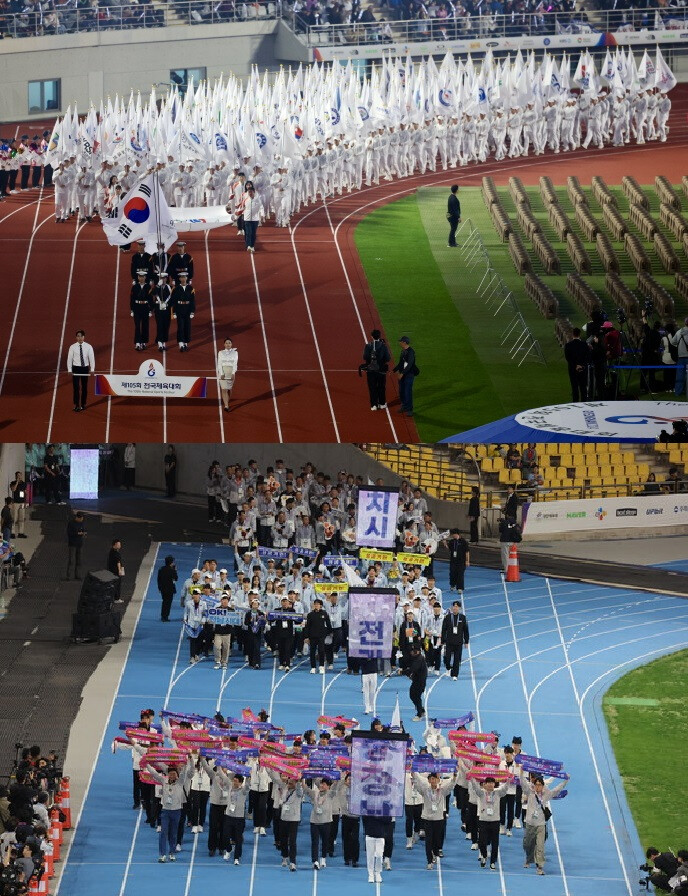
The 106th National Sports Festival is being held in Busan for the first time in 25 years, expanding its status as a truly global sports festival for the Korean diaspora. A total of 1,512 athletes from overseas Korean sports organizations are participating from 18 countries across the Americas, Europe, Asia, and Oceania, marking the largest number of overseas Korean participants in the history of the event. This is not only the highest figure since the COVID-19 pandemic but also a symbolic gathering of the global Korean community in their homeland.
Overseas Korean Athletes Prove Elite Sporting Competitiveness
The athletes from overseas Korean sports organizations compete in the 'Overseas Korean Division' across 8 sports, including soccer, tennis, and golf. What is particularly noteworthy is that some athletes formally participate in 'General Divisions' such as swimming, judo, weightlifting, and boxing, competing directly with domestic elite athletes. This demonstrates that overseas Korean sports have grown beyond simple community events into a competitive field with global-level skills.
In terms of country-specific participation, the United States (167 people) had the largest number, followed by Japan (158 people), Indonesia (147 people), and Australia (142 people). With participation extending beyond North America and Asia to the Middle East, Europe, and South America, the National Sports Festival has established a solid status as the 'Global Korean Sports Olympics'.
Fulfilling the Role of Private Diplomats and Establishing an International Sports Platform
The overseas Korean athlete delegation holds significance beyond being mere athletes in this competition. They serve as 'private diplomats' connecting the homeland and the overseas Korean community, and will strengthen bonds with Busan citizens and domestic athletes through exchange events and local visits outside of the competition.
Busan Metropolitan City has deployed a dedicated team of about 230 public officials to operate a customized support system providing accommodation, medical services, and interpretation, ensuring stable activities for the athletes. Son Tae-wook, Director-General of the Busan City Sports Bureau, emphasized, "The athletes who have traveled to their homeland from all over the world are a precious asset to the Republic of Korea." He stressed that "This National Sports Festival is a 'Festival of the Global Korean Network' where the diaspora community is connected, and it will serve as an opportunity for Busan to strengthen its role as an international sports diplomacy platform in the future."
Following the conclusion of the event, Busan City plans to analyze and develop the support and exchange program for overseas Korean sports organizations into a standard model, promoting various spin-off projects such as sports exchange for overseas Korean youth and attracting global sports camps. The National Sports Festival is moving beyond being a 'domestic sports competition' to become an international stage that strengthens the identity and unity of the global Korean community.
[Copyright (c) Global Economic Times. All Rights Reserved.]




























